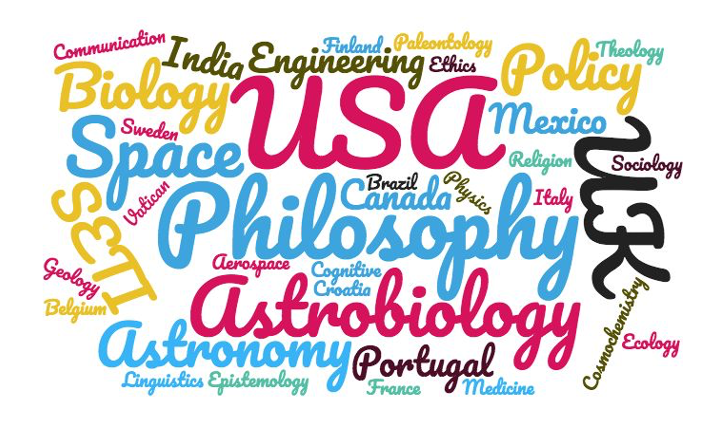
We come in peace(?): On the ethics of interstellar diplomacy
Loading...
Start Date
14-12-2020 9:40 AM
End Date
14-12-2020 10:00 AM
Description
Even if our messages are unlikely to be heard, the threat to our species that contact with extrasolar entities poses means that determining what content to include in Messaging Extraterrestrial Intelligence (METI) messages presents serious ethical questions. I tackle one of those questions: should our opening move in interstellar diplomacy be a peaceful overture or a belligerent warning? I argue for the latter. Humanity is better off portraying ourselves as a nest of angry wasps rather than as a tribe of curious quokkas. Those in favor a broadcasting peaceful overtures sometimes argue that the ability to interpret a METI message requires advanced technology and communicative skills, which in turn depend on a suite of social capacities and prosocial attitudes. We can thus assume that any species which receives our message will at least be open to peaceful coexistence. I show that this argument doesn’t hold up under scrutiny, primarily because DOVE seriously underestimates just how different an advanced alien intelligence could be from Earth life. An extraterrestrial entity might be similar to us: a society composed of cooperating autonomous individuals. But it could also be an instance of eusocial hive cooperation, or an evolving superindividual, which develops not through natural selection, but through learning. These possibilities blow some of the premises of the argument for peaceful overture out of the water. I conclude by making a case that, if we send any message at all, belligerence is the more prudent diplomatic tactic, even in case of serious technological asymmetry.
Recommended Citation
Santana, Carlos, "We come in peace(?): On the ethics of interstellar diplomacy" (2020). Society for Social and Conceptual Issues in Astrobiology (SSoCIA) Conference. 3.
https://egrove.olemiss.edu/ssocia/2020/schedule/3
We come in peace(?): On the ethics of interstellar diplomacy
Even if our messages are unlikely to be heard, the threat to our species that contact with extrasolar entities poses means that determining what content to include in Messaging Extraterrestrial Intelligence (METI) messages presents serious ethical questions. I tackle one of those questions: should our opening move in interstellar diplomacy be a peaceful overture or a belligerent warning? I argue for the latter. Humanity is better off portraying ourselves as a nest of angry wasps rather than as a tribe of curious quokkas. Those in favor a broadcasting peaceful overtures sometimes argue that the ability to interpret a METI message requires advanced technology and communicative skills, which in turn depend on a suite of social capacities and prosocial attitudes. We can thus assume that any species which receives our message will at least be open to peaceful coexistence. I show that this argument doesn’t hold up under scrutiny, primarily because DOVE seriously underestimates just how different an advanced alien intelligence could be from Earth life. An extraterrestrial entity might be similar to us: a society composed of cooperating autonomous individuals. But it could also be an instance of eusocial hive cooperation, or an evolving superindividual, which develops not through natural selection, but through learning. These possibilities blow some of the premises of the argument for peaceful overture out of the water. I conclude by making a case that, if we send any message at all, belligerence is the more prudent diplomatic tactic, even in case of serious technological asymmetry.

